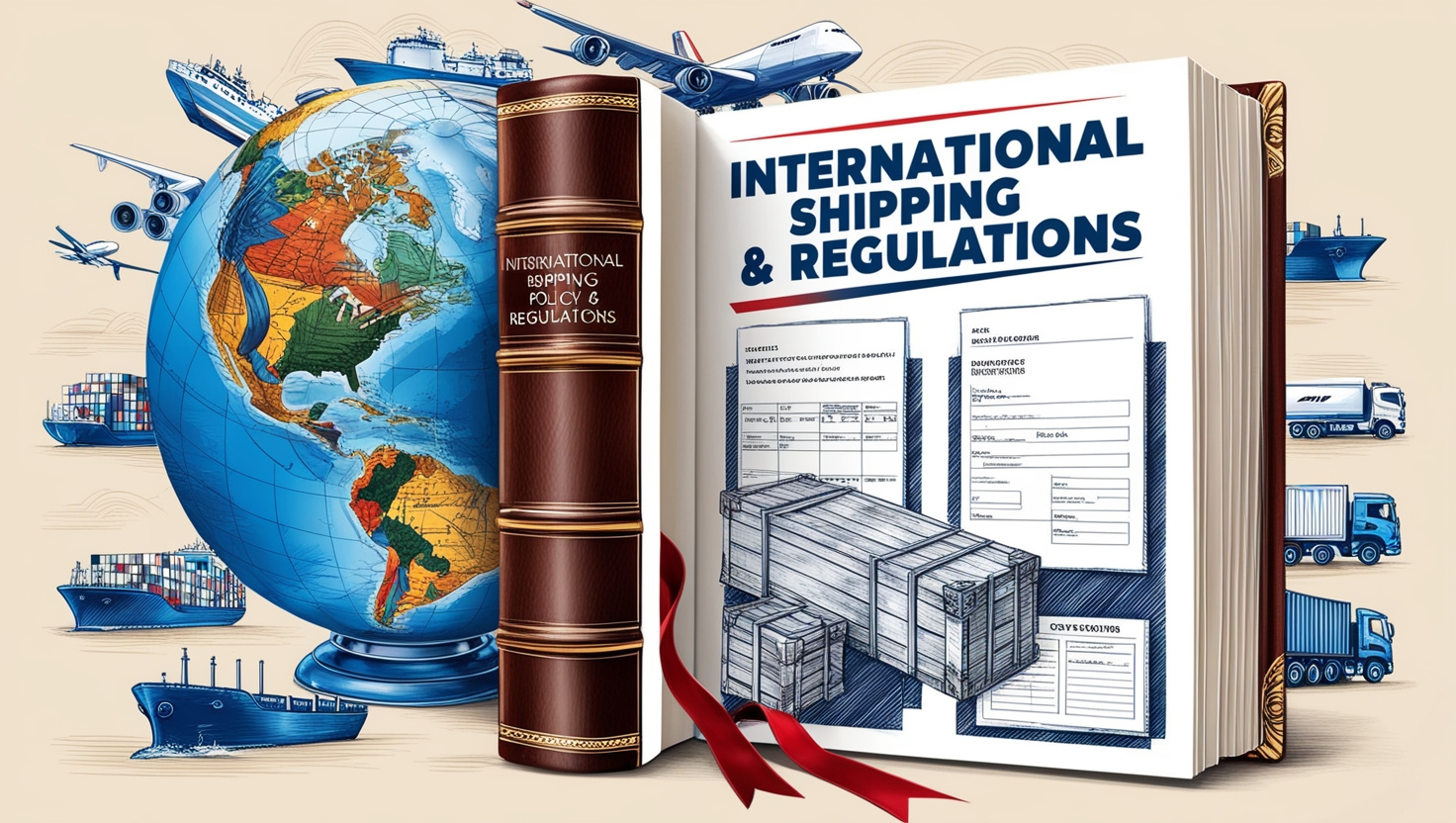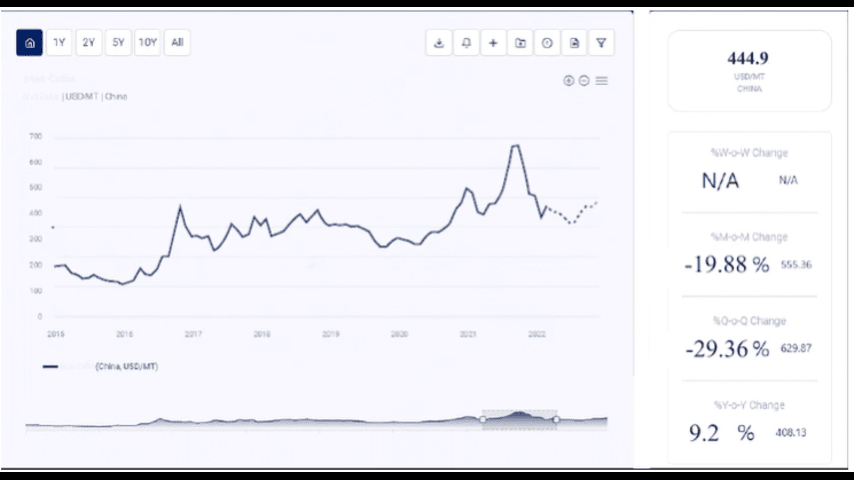When you consider sending packages across borders you understand that it is not just about putting a box together and shipping it. International shipping is laden with so many rules and regulations. Therefore, these guidelines must be known if the package has to get to the intended destination without any problem. In this guide, I will provide you with basic information about international shipping policy and regulations.
Let’s start!
Understanding International Shipping Policies
Shipping policies are the fundamental regulations that control the transportation of goods across borders. Every country has its own policies, and these are meant to regulate everything, starting with security and ending with quality. When you are shipping your goods internationally, you are bound by the laws of your country and the country of destination. It may seem like there are two sets of rules, but when one understands each of them, it becomes much easier.
Policies for international shipping usually involve paperwork, prohibitions on specific products, and charges for import or export. It is always important to get to know such basics so that one does not find himself or herself caught up with so many demands or expenses he or she could not have anticipated. It’s like following a map; when you know the route, you avoid wrong turns.
Key Regulations in International Shipping
Regulations vary from country to country but some fundamental aspects are contained in most of the international shipping policies. Customs clearance is one of the most important areas of international shipping regulations. Customs is a country’s manner of regulating the inflow or outflow of goods and services. Every package passes through customs and the agents examine the documents, value, and use of the package to conform to their standards.
Another important regulation concerns limited and banned products. Each country has lists of products that are prohibited from import or export in its territory. For instance, weapons, some types of food, and animal products are usually prohibited. When sending a parcel, it is advisable to consult the lists of prohibited items in both the origin and the destination country.
Documents Required for International Shipping
There are a lot of papers that are required for international shipping, and it seems like the list never ends, but every paper is important. The most frequent types include commercial invoices, packing lists, bills of lading, and certificates of origin. Each of these documents contains particular data that the customs officers require to establish the nature and the contents of the shipment.
- Commercial Invoice: This is actually the invoice for the goods. It records the articles, quantity, cost for carrying and the use of the conveyance.
- Packing List: This gives all details of all the shipment items and their quantities, dimensions and weight of customized shipping boxes. This document proves that the contents of the package are as declared on the package.
- Bill of Lading: A bill of lading is a contract between you and the shipping carrier. It acts as an indication that the goods are on the move.
- Certificates of Origin: Some countries require evidence of origin of the goods particularly if there are treaties in place. This document confirms the country of origin of the product.
International Shipping Standards
International shipping standards are an important factor that ensures that the entire process runs smoothly and is as standard as possible regardless of the country to which the shipment is going. The International Organization for Standardization (ISO) has issued standards to regulate virtually all aspects of packaging and environmental concerns. Adhering to these standards makes your shipment conform to the international standards hence minimizing hitches along the way.
Standard packaging is a good example of this kind of practice. For example, some products may need particular kinds of packaging in order to be shipped without damage. For instance, electronics require anti-static bags while delicate items require bubble wraps and strong cartons. Adherence to these packaging standards helps avoid destruction and meets the various requirements provided by various nations.
Import and Export Laws
Each country enforces its own import and export laws, and you must adhere to both sets of regulations. Import laws govern what is allowed into a country, while export laws control what can leave. Familiarizing yourself with these regulations is key to successful international shipping.
For example, if you’re exporting electronic goods to the EU, there are strict requirements around environmental compliance, such as the Waste Electrical and Electronic Equipment (WEEE) regulations. These require proper labeling and documentation to ensure environmental responsibility. Always check your country’s export laws and your destination country’s import laws.
Best Practices for Smooth International Shipping
To streamline your international shipping, here are a few best practices you can follow:
- Research Destination Requirements: Understanding the shipping regulations of your destination helps you avoid the unexpected. Look at prohibited items, documents required, and any other rules and regulations.
- Use Reliable Shipping Carriers: Select a carrier that has a history of shipping internationally because they will understand the customs and help to direct you on the paperwork.
- Label and Document Accurately: You should always ensure that your documentation is correct. The slightest mistake in labeling custom boxes can result in a delay.
- Calculate Duties and Taxes in Advance: Avoid charges and taxes by estimating them before delivery. This helps you or your customers not to be caught off guard when the package is delivered.
- Consider Insurance: International shipping is not always certain; therefore, it is advisable to consider insuring valuable or fragile products. Insurance is an indemnity against loss, damage, or delay.
Concluding
International shipping has several policies, regulations, and documents that need to be understood to ensure shipping success. It is therefore important to learn about the shipping policies, international requirements, and regulations of the country of destination to avoid hitches. Ensuring that all the necessary documents are checked, fees worked out, and goods packed properly will reduce the time spent, the cost incurred and the stress encountered. If done correctly, you can be sure that your parcels will reach their intended destinations and your business will expand to other countries.














